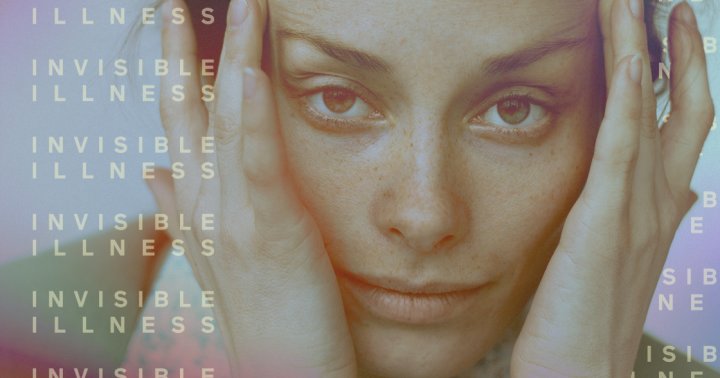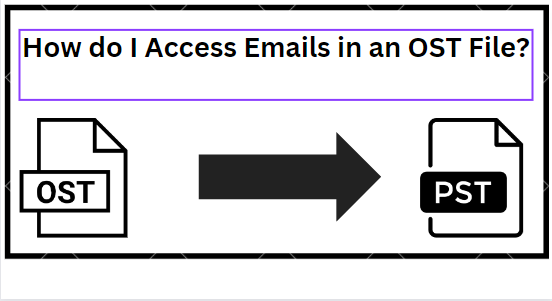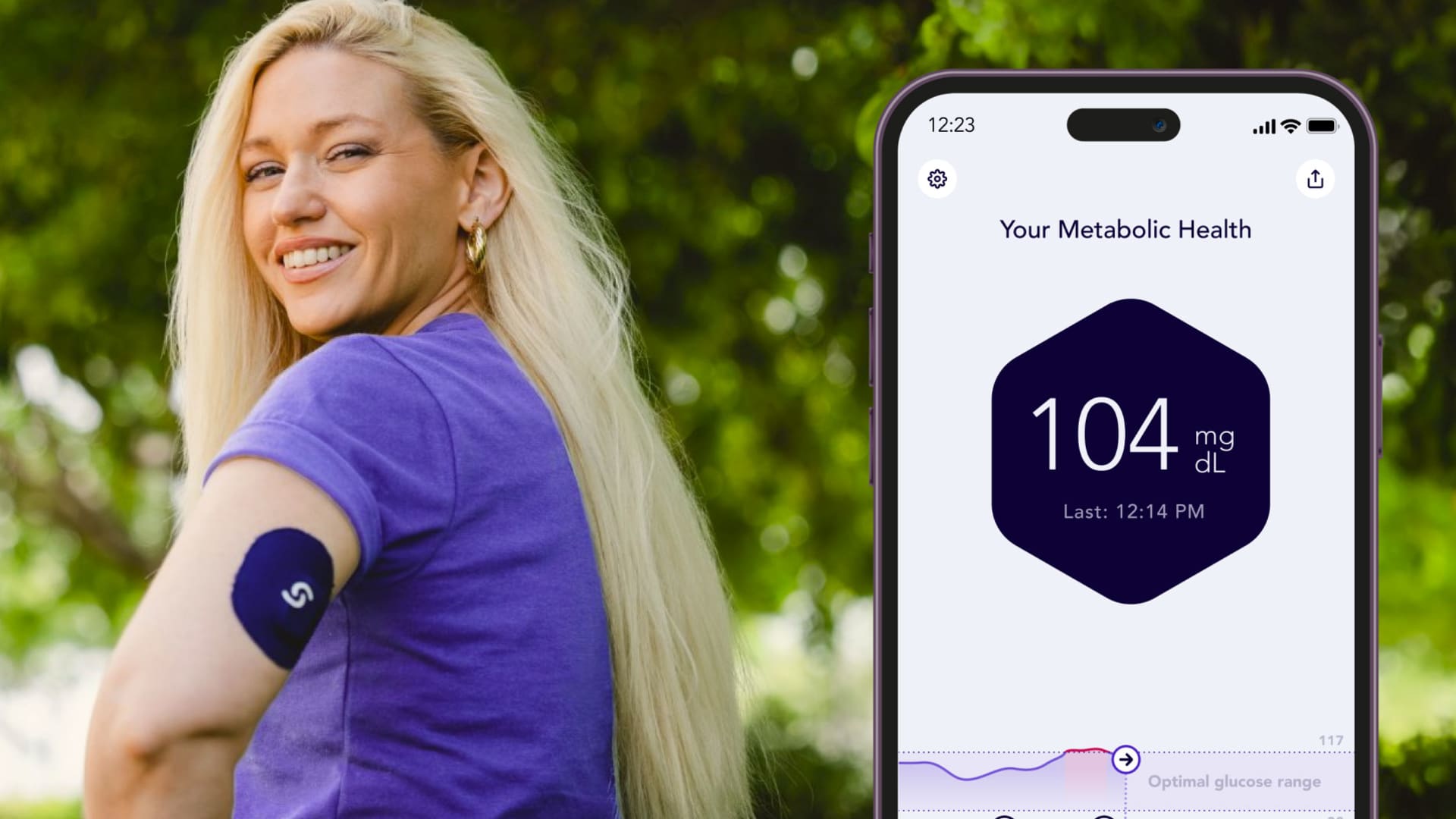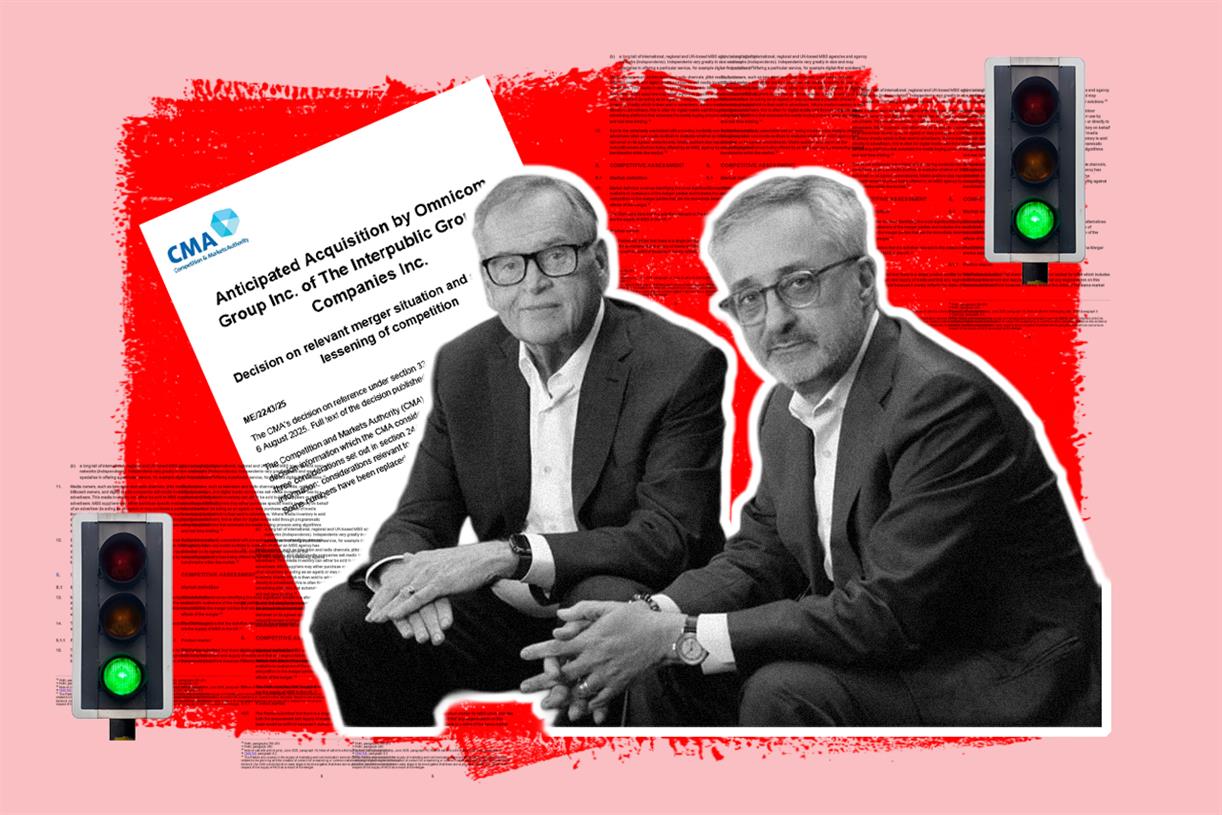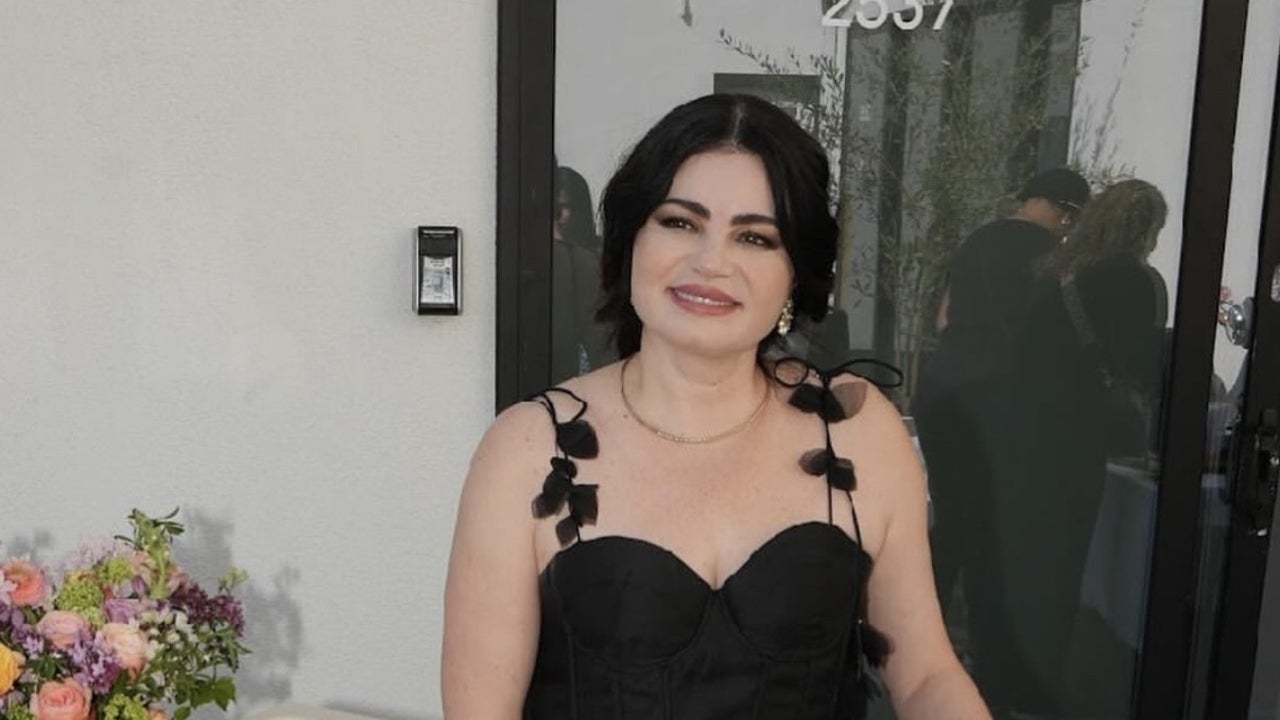My Dog, My Heart
Stephen Murphy-Shigematsu discovers you don’t get over the death of a beloved pet. You just learn to love more. The post My Dog, My Heart appeared first on Lion's Roar.
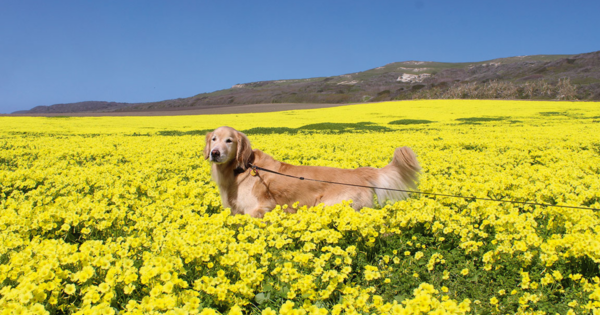
Stephen Murphy-Shigematsu discovers you don’t get over the death of a beloved pet. You just learn to love more.
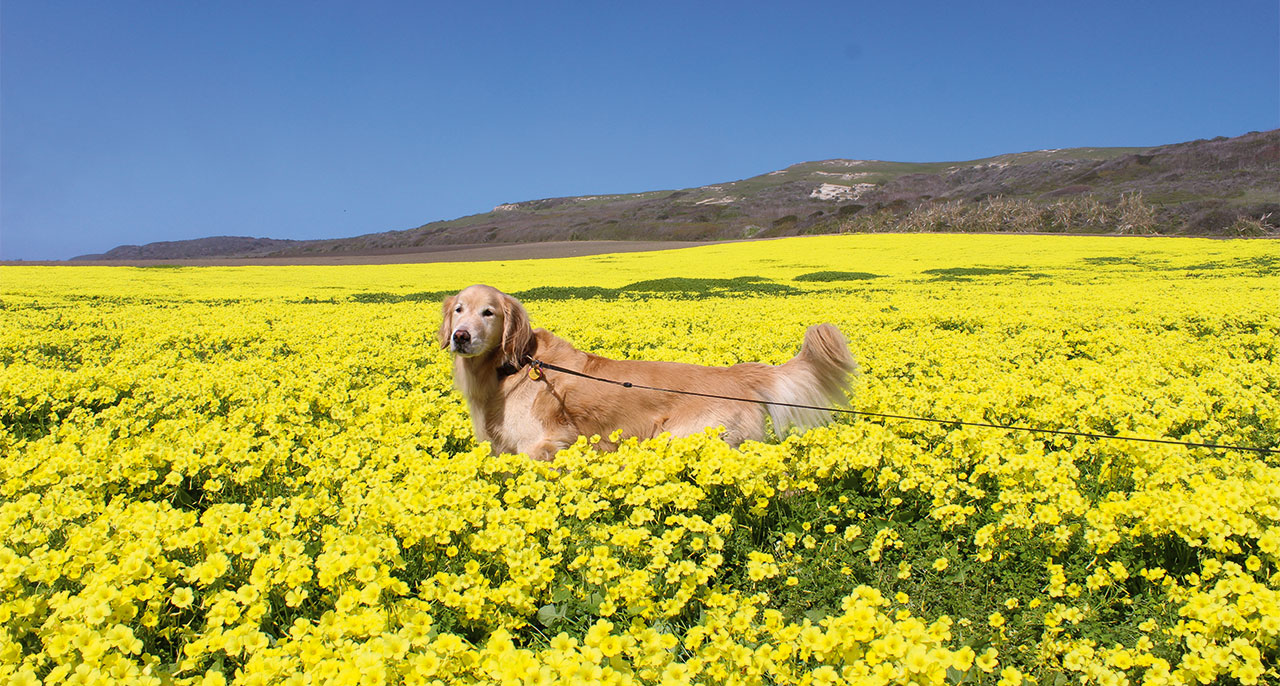
Photo courtesy of the author.
When my dog Duke collapsed suddenly on a walk, I knew it was bad. But I didn’t know how bad. The vet took one look inside his mouth and his smile vanished. My mind went blank until I heard him say, “I can put him down now if you’re ready.”
I wasn’t ready. Horrified, I got Duke out of there as quickly as I could, intending to get him emergency surgery.
Then, as I was driving, I was suddenly struck by the reality of what was happening. It felt like my heart was pierced by an arrow, and I let out the most painful wail I’ve ever heard come from inside me.
You don’t get over your dog’s death — you just learn to love more.
Over the years my wife had occasionally seen me hugging Duke and with a sympathetic expression had asked, “What are you going to do when he dies?” I’d always answered defiantly like a little child, “He’s not going to die!” I couldn’t deal with the extremely likely possibility that he’d one day leave me in this world without him.
If you’ve ever loved a dog, you know how I was feeling.
How would I live without him?
We went to an emergency hospital where they rushed him into surgery. He came home a few days later but couldn’t recover. He was bleeding inside and the blood transfusions weren’t sustaining him.
He continued to weaken and lay dying in the garden. I can’t do this, I thought. But I knew this was what life was calling me to do. I needed to respond.
I lay down beside him, stroking him over and over, whispering, “We’ll always be together, we’ll always be together.”
His breathing grew more labored. Could my heart take it? Yes, I was right where I needed to be, with him, when he needed me. I was still petting him, talking to him when he shuddered and stopped breathing. It was over. He was not there anymore. Where was he? I didn’t know but his lifeless body told me he was no longer there.
I felt like my whole world had shattered. I felt empty, listless, and unmotivated to do anything. Having planned talks and workshops in Japan, I wanted to cancel, feeling I just couldn’t do it. Yet I soon realized I had to do it. I had to keep going, no matter how bad I felt.
So I went to Japan, pushing myself to give what I could to the people who came to hear me speak. I found that talking about my dog was good for me and good for listeners because my feelings were so deep, raw, and sincere. People were moved, and they opened up. Following one workshop, a college student asked, “My dog just died two weeks ago, and I’m so sad. How I can get over it?”
At that moment I felt so vulnerable that I wanted to run from her question by claiming I couldn’t help her. I quickly realized, though, that I needed to respond to her plea. She was giving me the opportunity to transcend myself and my problems by becoming not only a sufferer, but also a helper.
The psychiatrist Erich Fromm says responsibility is one of the key elements of love. As I age I increasingly feel the need to be responsible, as a mentor with wisdom gained from life experience, and therefore the ability to humbly respond. I couldn’t shirk my responsibility to give this twenty-year-old some guidance. It was a golden opportunity for me as well as for her.
“I’m trying to think about what my dog Duke gave me, and what it is I’m now missing,” I said. “I loved Duke unconditionally. Ours was an ‘undefended’ love. I could give myself to him completely without needing to defend my heart. I miss that beautiful feeling and wonder, ‘how can I have that same love now?’”
I paused for a moment because I really didn’t know what to say. Then I pressed on. “I feel life is challenging me to give my love unconditionally to others, not just to Duke. Giving love to Duke was very easy. It was such a pure relationship. With humans, it’s more complicated, more difficult. But I feel that this is what life is demanding of me now. Loving Duke was enough to get me through life, but it was also a refuge where I hid from embracing the great suffering in the world. Now I need to leave this safe place and venture out into the world. Maybe you need to discover, too, what your dog has taught you and what challenge he is offering you now that he is no longer here.”
The young woman’s eyes were wet and warm. She thanked me.
I realize now that I could have simply said, “You don’t get over your dog’s death—you just learn to love more.”
It’s wonderful how our suffering can be useful simply by sharing what we’re experiencing and learning together. This vulnerability brings the reward of feeling our deep human connections and finding courage in engaging together in our common struggle. I’m teaching what I need to learn, and learning as I teach.

 ValVades
ValVades 











